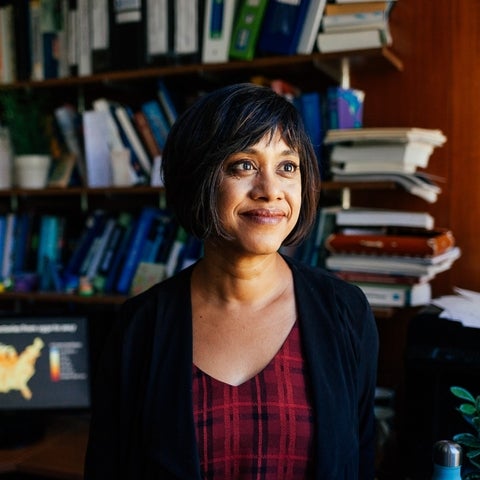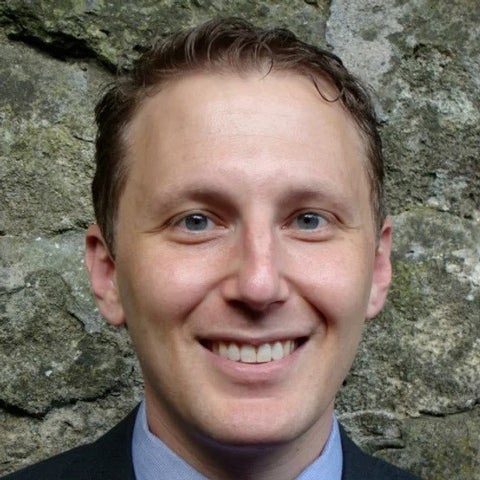It is increasingly understood that Nature-based Climate Solutions (NCS) can make a substantial contribution toward achieving Canada’s net-zero emission goals. Most studies of NCS, however, focus only on climate outcomes, despite the fact that these solutions can provide a range of other ecosystem services, including water purification, improved soil quality, and biodiversity provision. The proposed project takes a synergistic approach, bringing together multiple bioenergy (manure to biogas) and nature-based approaches (e.g., cover crops, wetland restoration) in agricultural landscapes and quantifying not just outcomes for carbon, but also effects on water quality, food-provisioning, and a range of other ecosystem services. As part of this analysis, the team will prioritize the creation of “solutionscape” portfolios, which include multiple, spatially targeted solution strategies to reduce greenhouse gas emissions and sequester carbon while enhancing ecosystem service outcomes.
In its quest to achieve net-zero emissions, Canada is investing in agricultural climate solutions at an unprecedented level. While the development of such solutions is not new, they have mostly focused on a single problem of interest, at a single scale, without adequate consideration of social and environmental tradeoffs. The SOLUTIONSCAPES project will enable us to develop pan-Canadian, spatially explicit solution portfolios that will move Canada towards a net-zero GHG future while also prioritizing water quality and other ecosystem service outcomes.
Waterloo Climate Institute member contributions
Nandita Basu is the principal investigator of SOLUTIONSCAPES and Juan Moreno Cruz, Tonya DelSontro, Dustin Garrick, Bryan Tolson, and Rebecca Saari are co-investigators. These members are part of a wider team spearheading this important work thanks to Environment and Climate Change Canada's Climate Action and Awareness Fund (CAAF). This project was undertaken with the financial support of the Government of Canada.






UWaterloo co-investigators

Anita Layton is the Canada 150 Research Chair in Mathematical Biology and Medicine and Professor of Applied Mathematics, Computer Science, Pharmacy and Biology at the University of Waterloo, and leads a diverse and interdisciplinary team of researchers using computational modeling tools to better understand aspects of health ad disease. Using mathematics as a microscope, Anita’s group collaborates with physiologists, biomedical engineers and clinicians to formulate detailed models of cellular and organ function. Using model simulations and predictions, the group answers questions regarding differences in drug responses between sexes and how the timing of medication dosage impacts interactions, effectiveness and the body’s circadian rhythms

Nancy Goucher is the Knowledge Mobilization Specialist at the University of Waterloo’s Water Institute. In her role, she ensures water research produced at the university is actively used and contributes to water management solutions in Canada and abroad. Previous to the University of Waterloo, Nancy worked for 10+ years to shape water policy conversations across Canada, particularly in the Great Lakes. Nancy has previously held positions at Freshwater Future, Environmental Defence and the Forum for Leadership on Water (FLOW). She graduated from the University of Waterloo with a Master’s degree in Planning in 2007. Her research focused on the identification of facilitating conditions for creating new knowledge and adapting to change in watershed-based organizations.
External academic partners
- Elena Bennett: McGill University
- Navin Ramankutty: University of British Columbia
- Helen Baulch: University of Saskatchewan
- Claudia Wagner Riddle: University of Guelph
- Philip Loring: University of Guelph
- Kate Congreves: University of Saskatchewan
- Kim Van Meter: Penn State University